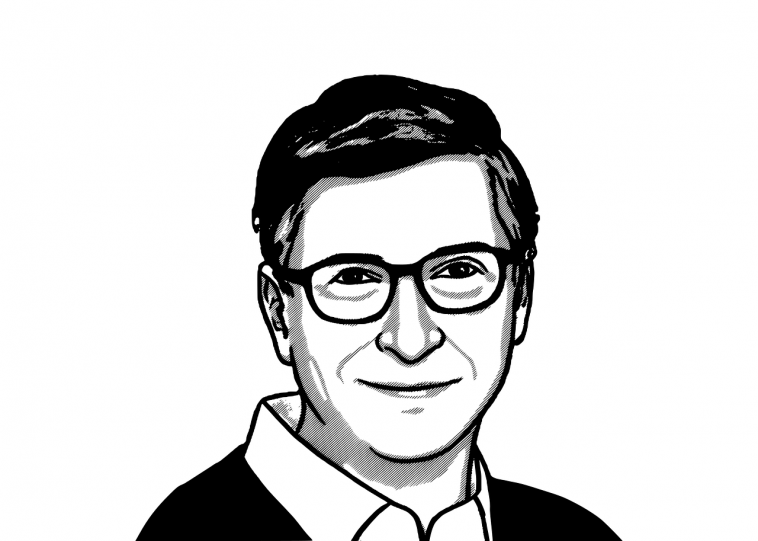Investing in Innovation (i3), a pan-African program that helps new businesses in the health supply chain in Africa, has named the first 30 companies in its first cohort.
i3, which is supported financially by the Bill & Melinda Gates Foundation and is sponsored by AmerisourceBergen, AUDA-NEPAD, Merck Sharp & Dohme (MSD), the World Health Organization Regional Office for Africa, and AmerisourceBergen, brings together leading donors, industry, and African institutions to kick-start a new way of conducting business that will support innovations in healthcare that Africans lead.
The entrepreneurs chosen to participate in the health supply chain competition will receive a grant of fifty thousand dollars, in addition to supporting catalyzing growth-driven collaborations with funders, industry, and institutions.
The thirty chosen firms come from fourteen different nations throughout Africa. The companies, which are in their early and growth stages, are bringing innovative solutions for a variety of problems, including stock management and finance, authentication and traceability, distribution of medical devices and pharmaceuticals, and management of medical waste
Showing that solutions made in Africa are ready to help change how people get health products in many ways.47% of the startups in the health supply chain are led by women, according to the program’s definition of “women-led,” which is having at least one woman with an ownership investment and an active executive leadership role. Additionally, 30% of the businesses are located in Francophone African countries.
“Digitally-enabled, locally-led solutions have enormous promise to help address the issues of access to medications for historically unserved patients in Africa,” says Ann Allen, Senior Program Officer at the Bill & Melinda Gates Foundation.
We are ecstatic to see powerful women executives at the helm of many of these startups since we know that diversity contributes to the growth of innovation ecosystems.
Chekkit Technologies, Disrupt Pharma Tech Africa (Medsaf), DrugStoc Ehub Limited, Erith Health Services, Grid, LifeBank, Life stores Healthcare, OneHealth, ClinicPesa, Damu Sasa, The Pathology Network, Negus Med, and Signalytic are the companies that have been chosen.
Zuri Health, Viebeg Technologies, Sorbus Xetova, Azanza Health, VaxiGlobal,Cure Bionics, DeepEcho, Dr. Sett, Infiuss Health Limited, Medevice, Meditech, Valorigo, Appy Saude, Aviro Health, Contro, and Zinacare.
Associate Vice President of Global Market Access at MSD, Dr. Abdullahi Sheriff, said, “The innovation shown by the chosen startups is inspiring.”We at MSD are thrilled to have the opportunity to work with these industry leaders as part of i3, which will enable us to contribute to the transformation of healthcare supply chains and the improvement of access to medicines throughout Africa.
Salient Advisory, SCIDaR, and SouthBridge A&I are in charge of coordinating i3, and leading technology hubs from all over Africa to make it work. West Africa has CCHub, Southern Africa has Startupbootcamp, North Africa and French-speaking Africa have IMPACT Lab, and East Africa has Villgro Africa.
These hubs are in charge of the procedure for selecting companies to participate in the program as well as monitoring their progress during the duration of the program.
Also commenting was Efosa Ojomo, Director of Global Prosperity at the Clayton Christensen Institute and part of the i3 Steering Committee.
“i3’s focus on African creativity is long overdue. Scaling up locally-led innovations that create new markets will give the continent the tools it needs to improve health, make money, and handle future crises.”
In addition, Prashant Yadav, Senior Fellow at the Centre for Global Development and Professor at INSEAD, who is also the Chair of the i3 Steering Committee, offered his thoughts as follows: The wide range of innovations shown by the companies chosen shows that data-driven innovations can play an important role in making African health supply chains more resilient quickly.
Please visit this link if you want to learn more about the program.



